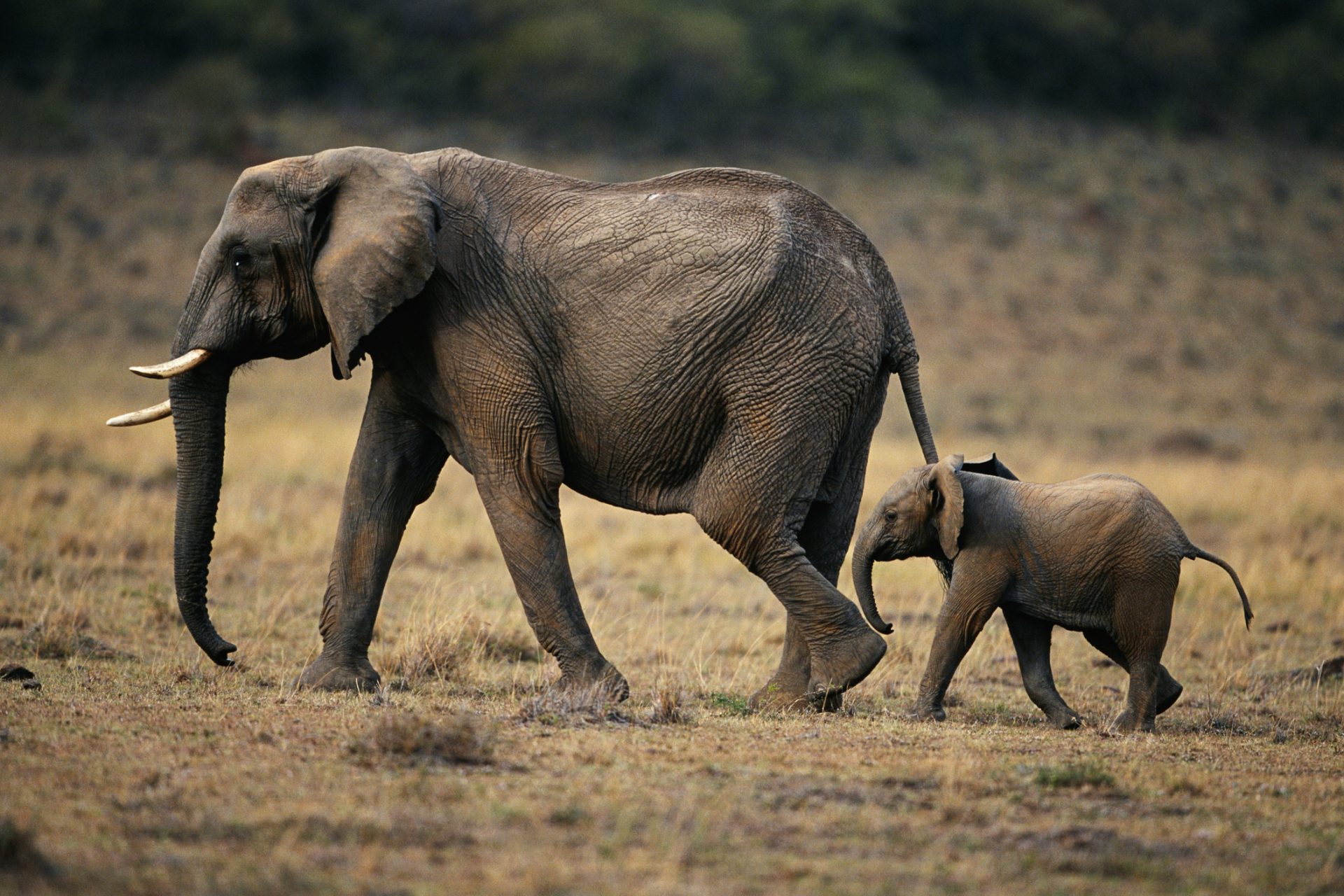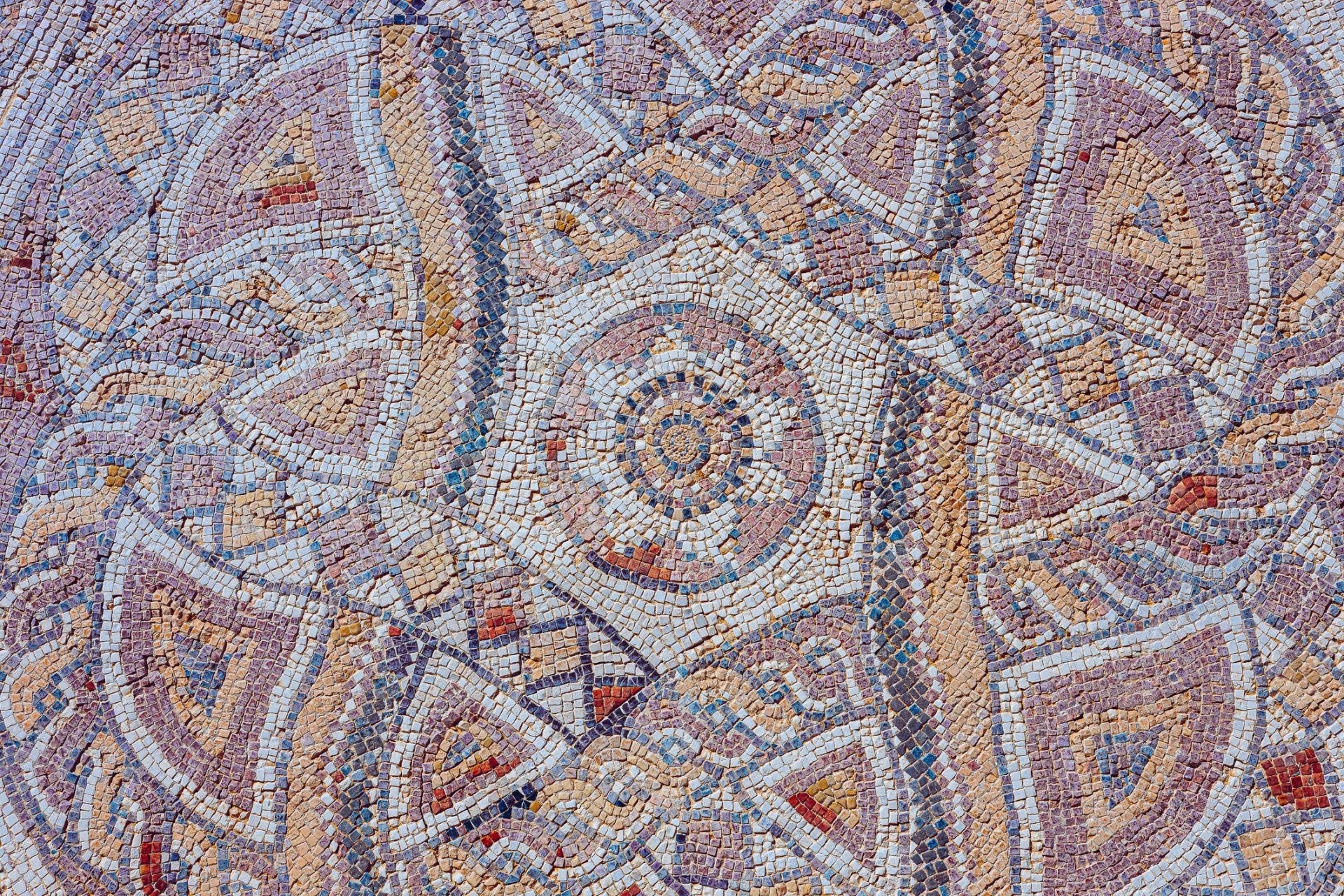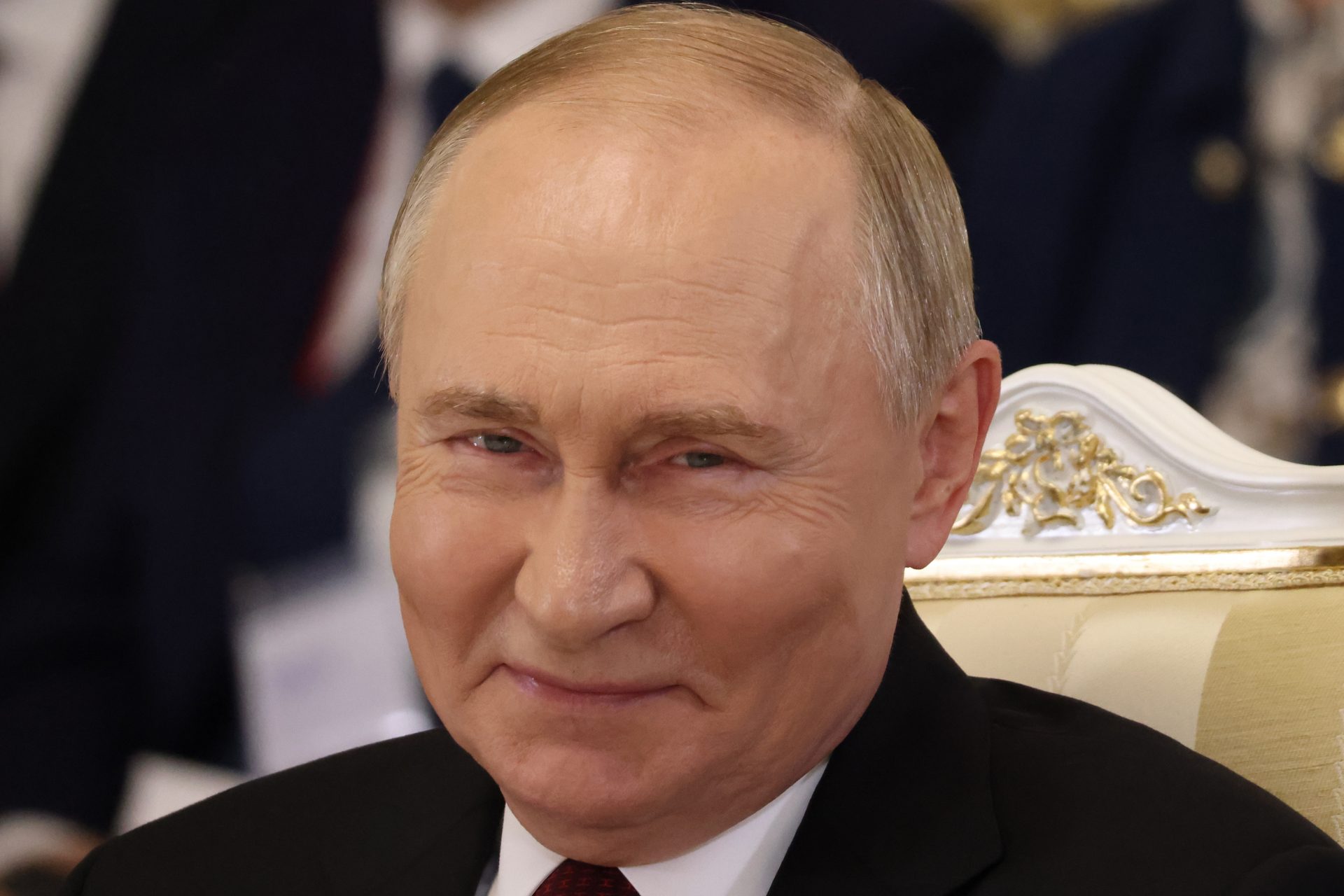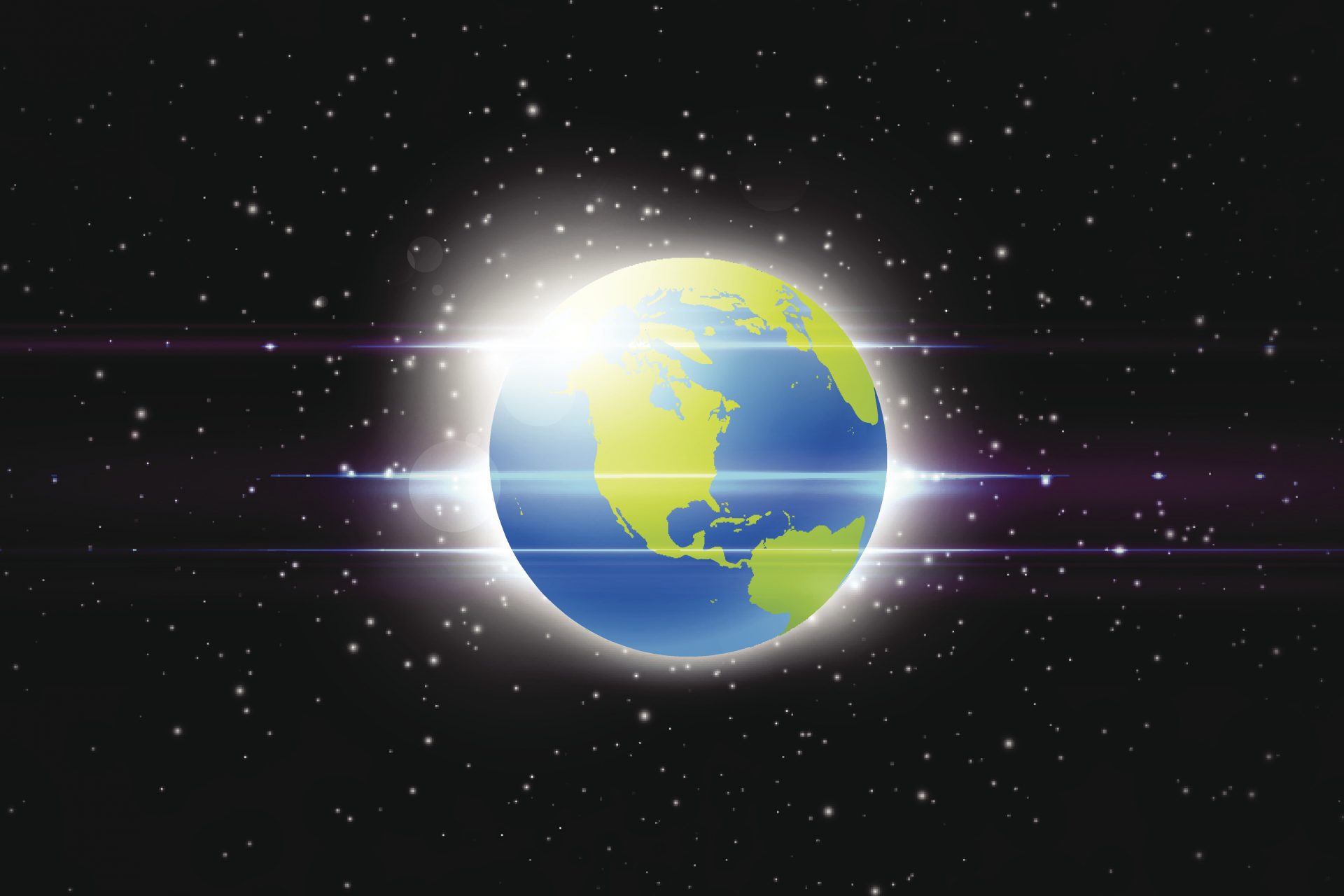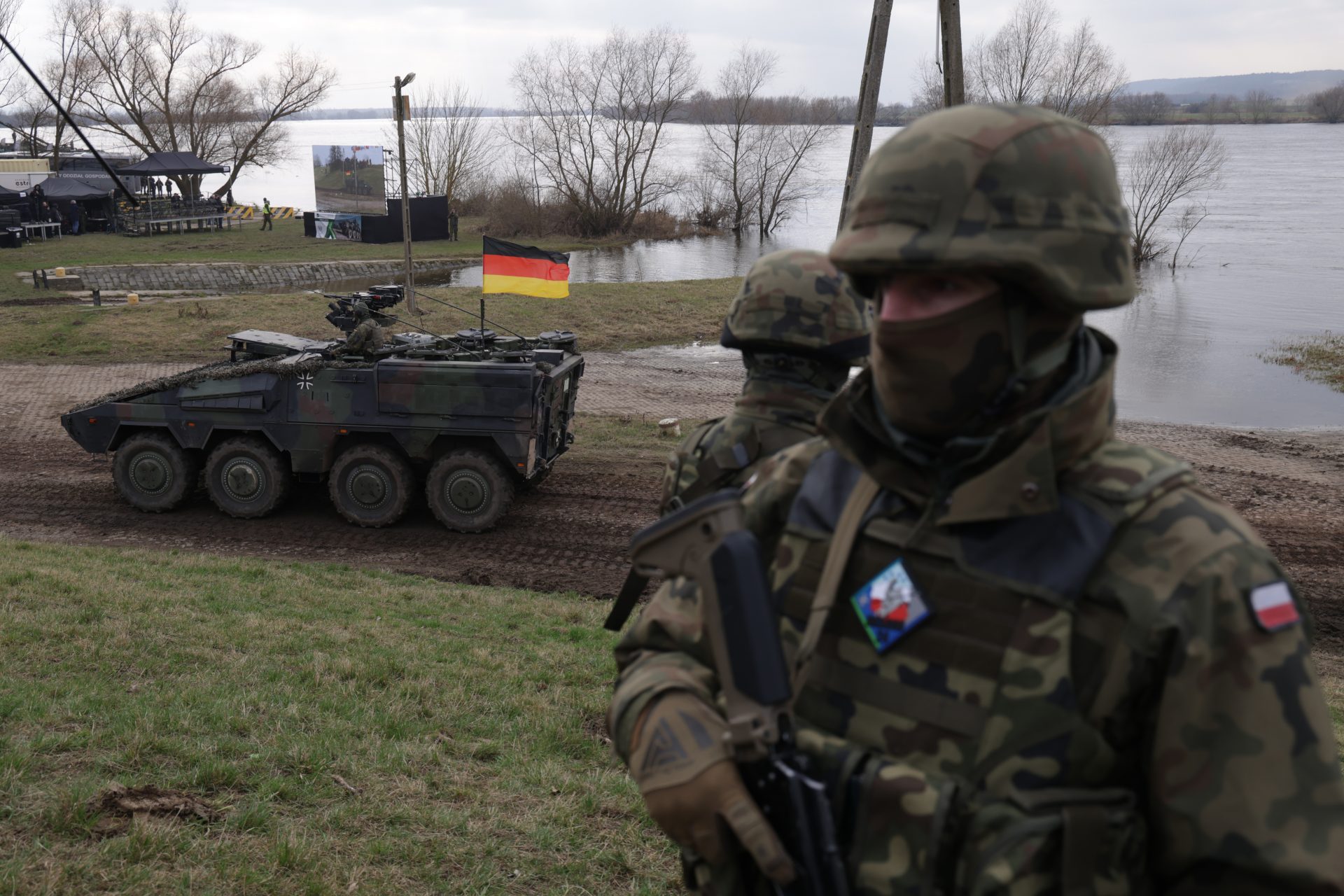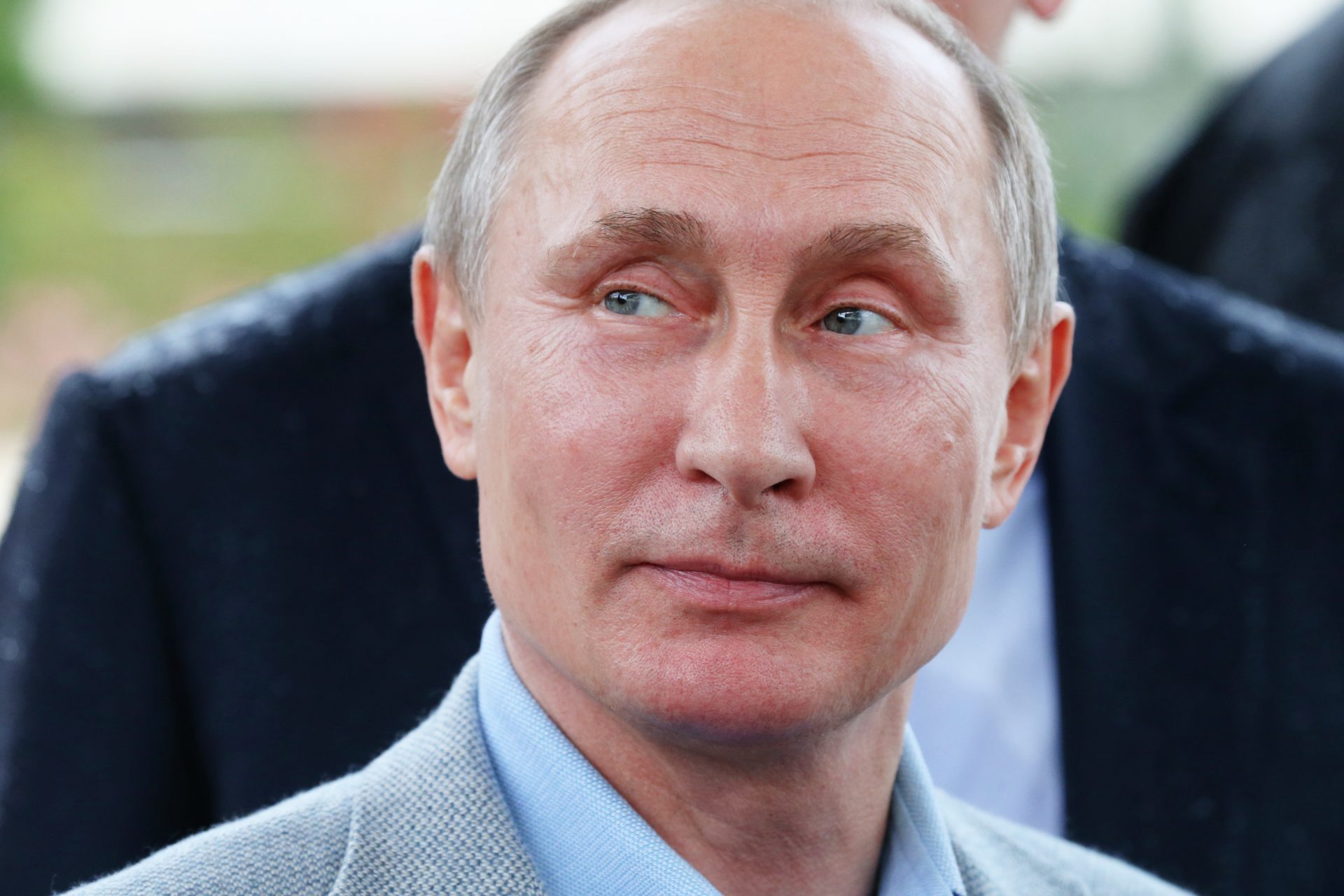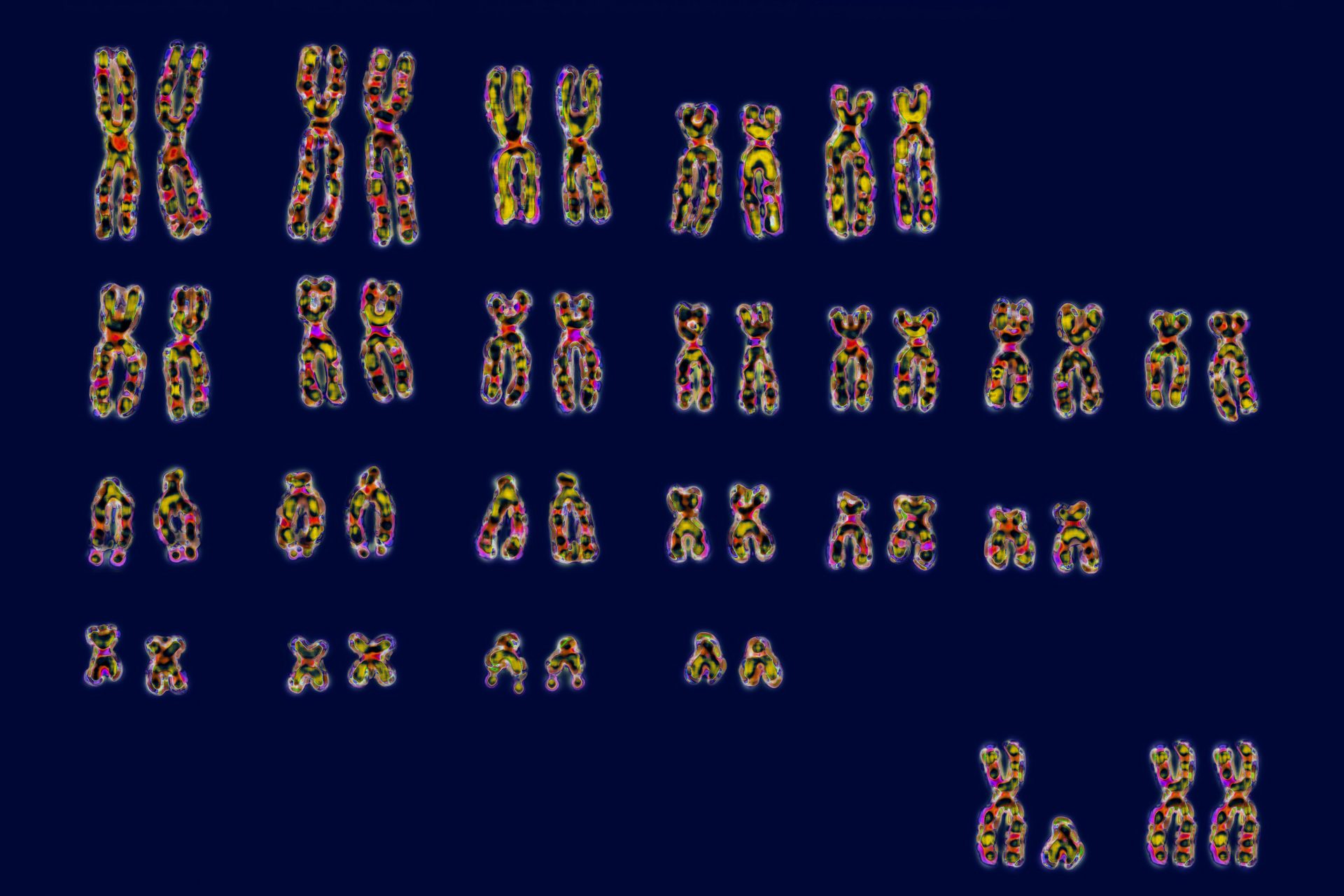Europe takes drastic measures to prepare for a winter without Russian gas
In case the Russians cut gas off to Europe, in Switzerland they are preparing to warm up the old-fashioned way. That is why, according to Deutsche Welle, citing the Swiss television channel RTS, wood is running out in the country.
Image: Pixabay
Fear of energy restrictions due to the war in Ukraine has caused the Swiss population to buy unusual amounts of firewood in the middle of summer.
Image: Shalev Cohen/Unsplash
All of Europe is preparing for a harsh winter. Governments and citizens assume that there will be energy restrictions and measures have already been announced in this regard.
In Spain it has been announced that, in the face of winter and as an energy saving measure, shops will be forced to turn off lights in windows by ten o'clock at night.
Image: Roman Bodnarchuk/Unsplash
This is a harsh and surprising measure in a country that is well known for its active night life and citizens who often don't eat supper until 10pm!
The Spanish government has also announced that the lighting at monuments and public buildings will by turned off at ten at o'clock at night. In the image, the Alhambra in Granada.
Some local politicians have criticized the Spanish government's restrictions on lighting because, they say, it will mean a return to a kind of dark city, with more crime in turn Spanish cities will attract less tourists.
In the United Kingdom, as published by Bloomberg, there are experts who describe the energy outlook for the winter as "terrifying".
Image: Robert Bye/Unsplash
Specifically, Emma Pinchbeck, executive director of Energy UK, declared to Bloomberg: “The winter’s going to be bad. The price cap projections are really scary.”
Image: Filip Bunkens/Unsplash
Faced with the foreseeable rise in energy prices, the British government announced an aid of 400 pounds ($488) to households. But there are experts who doubt whether it will be enough to assume a price that can skyrocket.
Image: Ibrahim Boran/Unsplash
The European Union agreed, after an arduous negotiation between its member countries, that this winter all its components have to consume 15% less gas. Which will imply restrictions in companies and homes.
Image: Nathan Stanz/Unsplash
In an analysis published in April 2022 in the Financial Times they titled "The worst crisis since the Second World War" to refer to the possibility that Germany, due to lack of energy, may have to slow down its industrial production. In the image, an aerial view of the BASF plant, a large producer of the German chemical industry, in Ludwigshafen.
Until the war began, the great German industry was fed by Russian gas, which accounted for 55% of the energy consumed in the country.
Leonhard Birnbaum, CEO of the German energy group Eon, in the aforementioned Financial Times article said, “I have seen Fukushima. I have seen turbulent times. But what we're seeing right now is something...unprecedented."
As the Russians have already cut the gas they send to Germany, there are municipalities where they have already approved drastic measures to save energy.
Image: Bence Balla-Schottner/Unsplash
As published by the BBC at the end of July, in Hannover the hot water has been cut off in municipal sports centers and other public buildings.
Also, as in Spain, public buildings must turn off lights to save energy.
In Berlin, as reported by Euronews, 200 buildings now their lights switched off at night to save energy. Including the emblematic presidential palace.
The landscape that is taking shape in Europe this winter is that of a continent that, now, is suffering the consequences of a war. The cities darken and a certain scarcity begins to be perceived.
Image: Frederico Almeida/Unsplash
Some are even beginning to consider whether next Christmas it will be necessary to limit the Christmas lighting that are a hallmark in cities such as London. If that is the case, the holiday season will certainly be dreary.
Image: Jamie Davies/Unsplash
More for you
Top Stories























